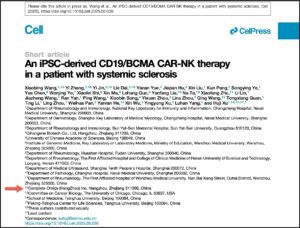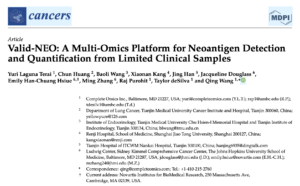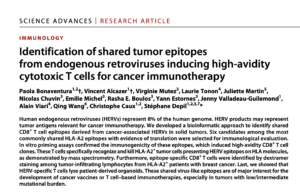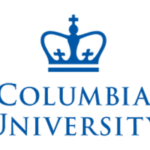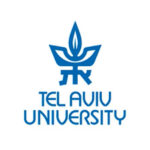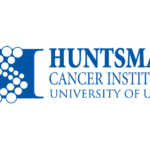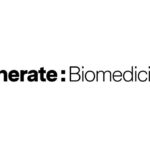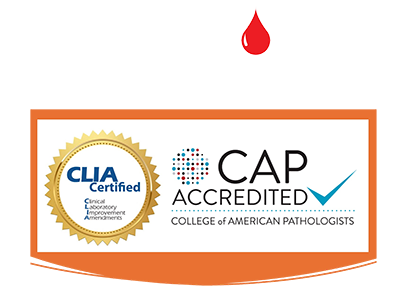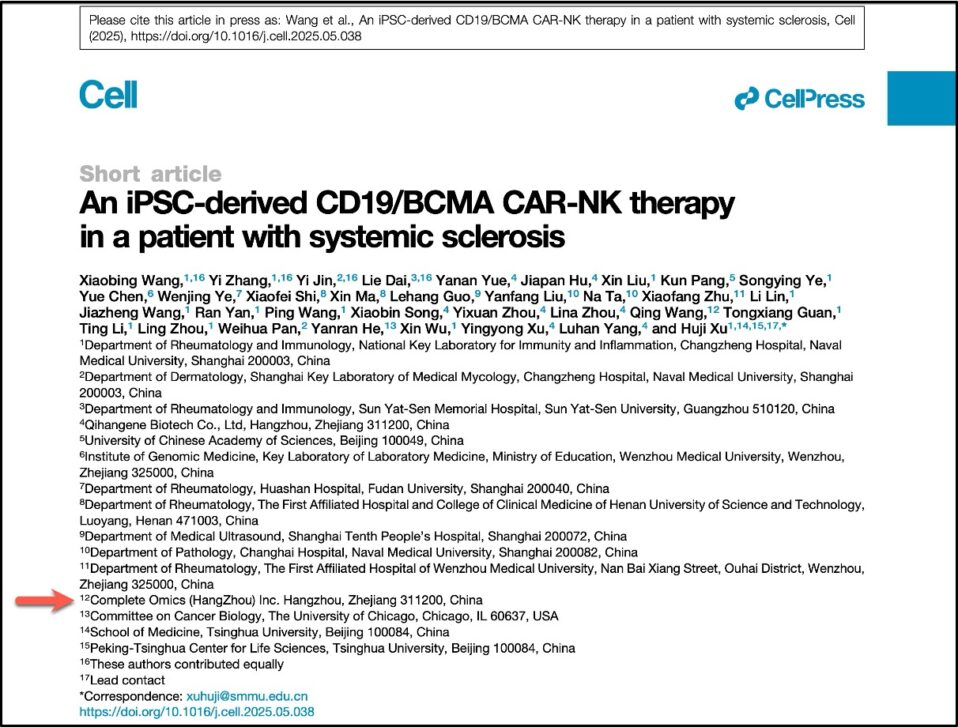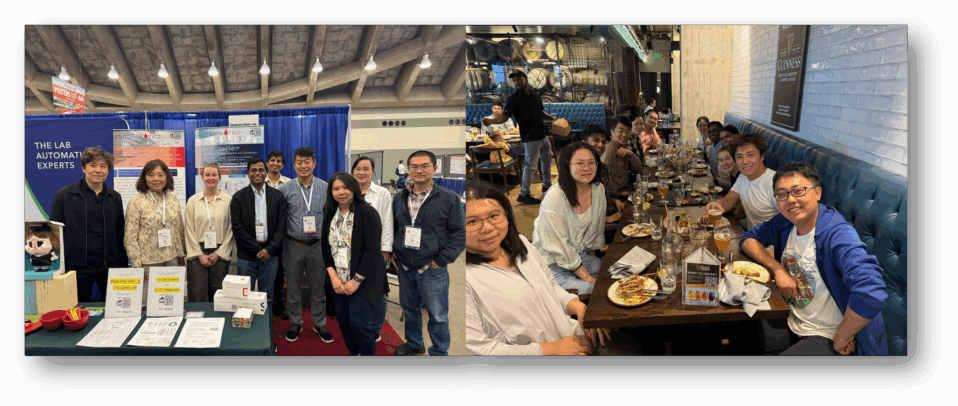Dr. Hui Zhang is a Professor of Pathology, Oncology, Chemical and Biomolecular Engineering, and Urology, the Director of Mass Spectrometry Core Facility and Proteomic Research, and the Director for Center for Biomarker Discovery and Translation at Johns Hopkins University.
Dr. Hui Zhang graduated from Peking University with a BS and a MS degree and from University of Pennsylvania with a Ph.D. degree. She then worked at New England Biolabs and Cell Signaling Technology, where developed novel antibodies that are broadly reactive to protein post-translational modifications (PTMs) such as phosphorylation, acetylation, sulfation, etc.. She further invented method for proteomic characterization of protein modifications using the broadly reactive PTM-antibodies and mass spectrometry.
She is the inventor for the PTM-antibody development (Production of motif-specific and context-independent antibodies using peptide libraries as antigens. US Patent 7,259,022) and the immunoaffinity isolation of modified peptides from complex mixture using the PTM-antibodies (Immunoaffinity isolation of modified peptides from complex mixtures. US Patent 7,198,896). After moving to the Institute for Systems Biology in 2001, she pioneered the glycoproteomic technology and applied the glycoproteomic technology to the characterization of cell surface proteins and transmembrane proteins for the discovery of cell surface glycoprotein for therapeutic targeting as well as proteins from body fluids for the discovery of proteins that are either shed or secreted from cancer cells. She is the inventor on glycoproteomic characterization method (Methods for quantitative proteome analysis of glycoproteins. US Patent 7,183,118) and the targeted proteomic technology using affinity capture of native and heavy-isotope labeled peptides and mass spectrometric detection (Affinity capture of peptides by microarray and related methods. US Patent 7,794,947).
She was recruited to Johns Hopkins University in 2006, where she further developed glycoproteomic methods for quantitative site-specific glycosylation characterization and glycan imaging (Mass spectrometry imaging of glycans from tissue sections and improved analyte detection methods. US Patent 11,022,613; Quaternary ammonium containing isobaric tag for quantitative glycan profiling. US Patent 10,254,291; Isobaric aldehyde-reactive tags for and analysis of glycans using same. US Patent 20150241437A1). She applied the methods for proteogenomic characterizations of ovarian cancer, kidney cancer, pancreatic cancer, gastric cancer, endometrial cancer, brain cancer, prostate cancer, etc (Biomarkers for prostate cancer. US Patent 8,603,734).
Her contributions to quantitative proteomics, glycoproteomics, targeted proteomics, and proteogenomics are published in about 300 publications including 3 Nature Biotechnology, Cell, Cancer Cell. Her work has been cited for over 27,000 times.


